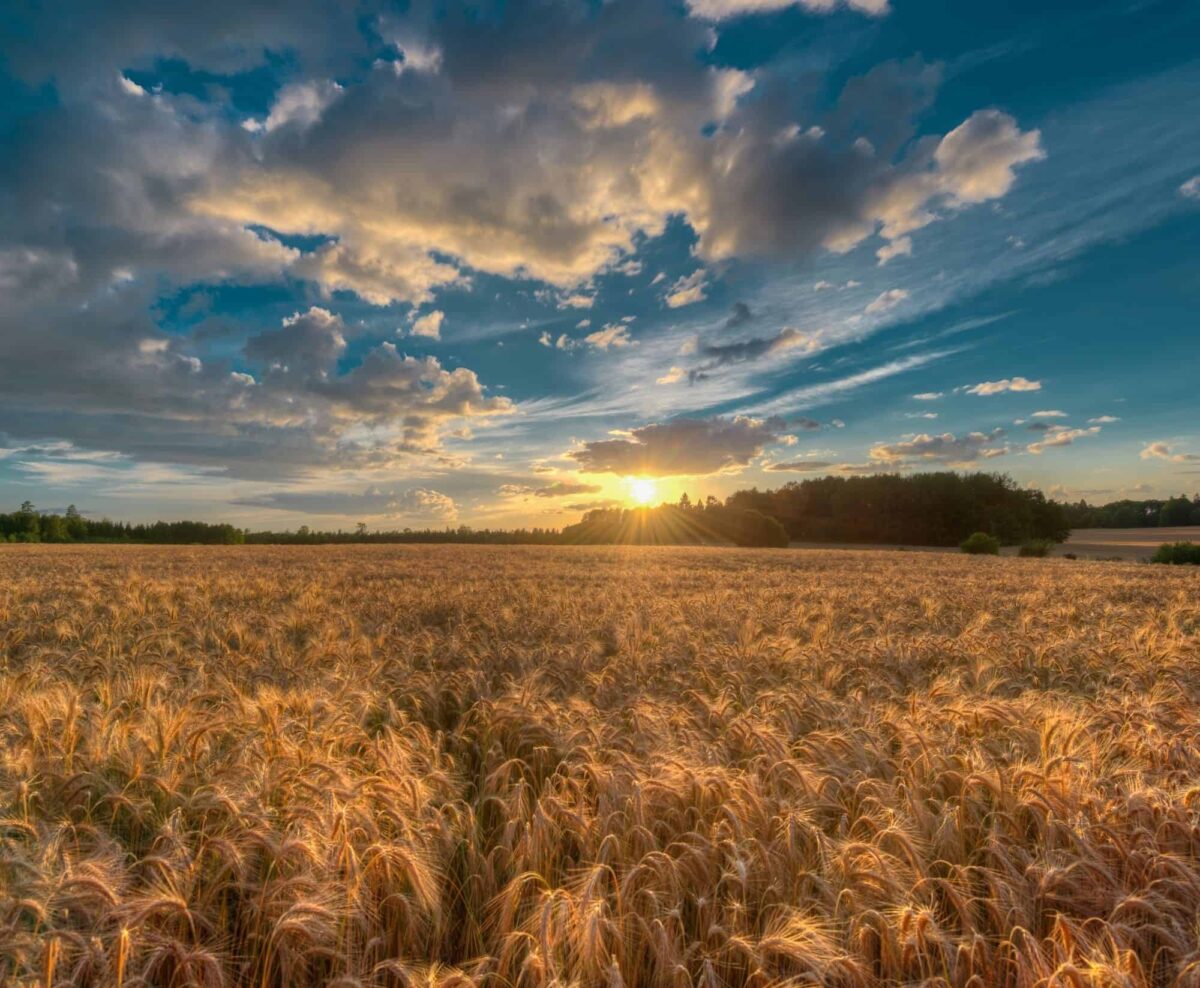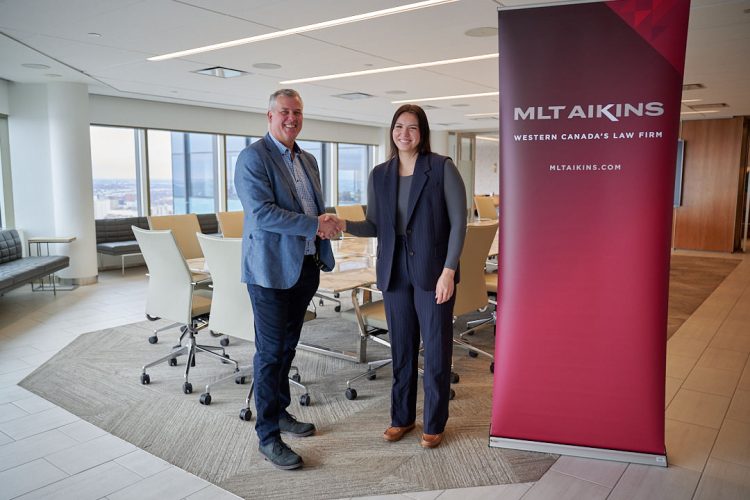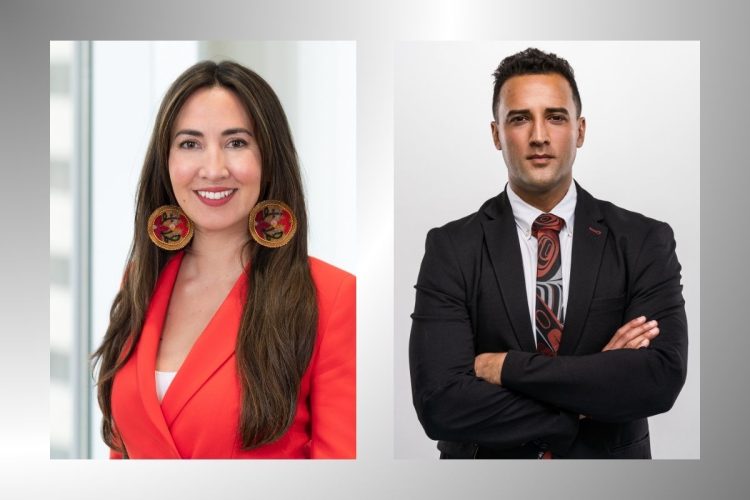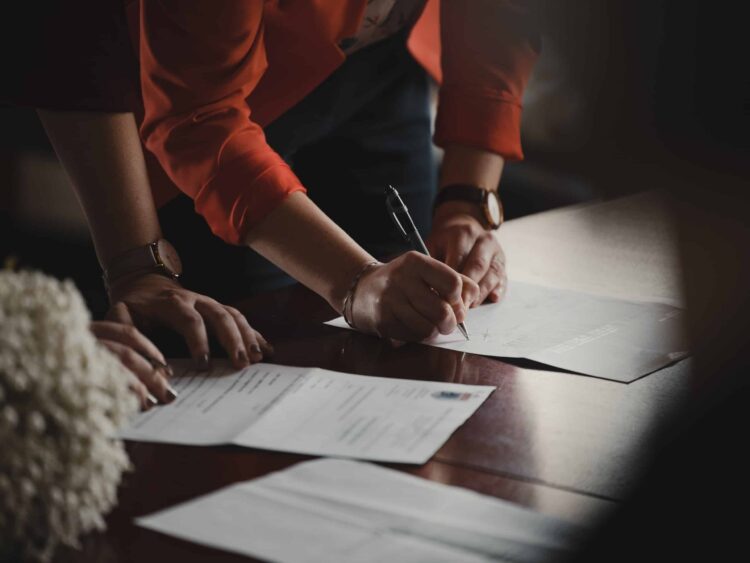Willow Lake Métis Nation Completes Historic Land Purchase

Willow Lake Métis Nation (WLMN) has a bold vision to revitalize the ecosystem in Anzac, Alta. – and create a permanent home for its community members.
On May 31, WLMN announced it had purchased 205 acres of land in Anzac as part of the Nation’s “Sohkastwâwin” initiative – a Cree term for “the act of being resilient.”
The land purchased by WLMN includes an eco-bison ranch and local food source, community culture centre, Métis housing and local power generation, according to a release.
“We are no longer a landless Métis community,” WLMN Vice-President Justin Bourque said in a statement. “Sohkastwâwin reinforces our self-governance model and the actions we take now to develop resilience will change the course of our Nation’s future.”
Resilience is at the heart of WLMN’s plans for the land. The Nation is collaborating with the Resilience Institute, a charity dedicated to climate change research, to revitalize, develop and monitor the land, which has been impacted by the energy industry.
One of WLMN’s first goals is to reconnect bison with the land to create a healthy ecosystem.
“The Métis helped shape Canada and the bison helped shape our ecosystem,” Bourque said. “Our Nation will work in tandem with the bison to reclaim our land.”
WLMN purchased the land with the revenue it generated through its membership in the Astisiy Limited Partnership. Last year, WLMN and seven other Indigenous communities partnered with Suncor to form Astisiy, which purchased a 15% ownership stake in the Northern Courier Pipeline.
“As a result of Astisiy, WLMN has an unprecedented opportunity,” Bourque said. “Sohkastwâwin will expand our self-sufficiency for generations to come by creating an economy for our peoples — on our own land.”
MLT Aikins lawyers Billie Fortier and Ashley Ragan and paralegal Janette Jugaru acted for WLMN on this historic land purchase. They are pleased to see the Nation not only purchase a land base, but play a leading role in the revitalization of Anzac’s ecosystem. Learn more about our Indigenous practice group.


